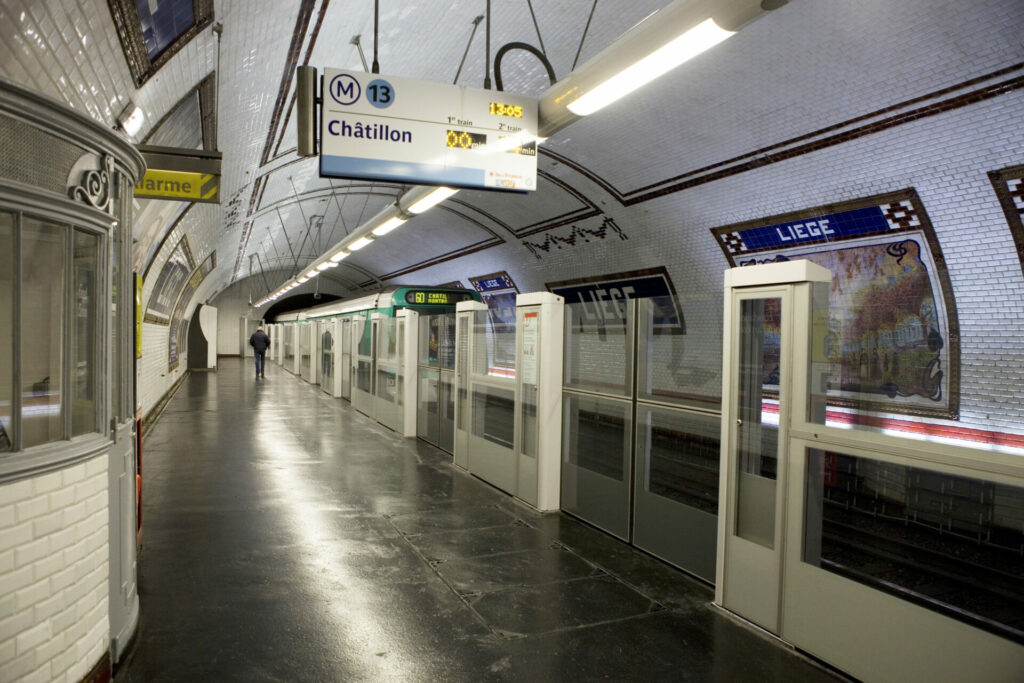The Paris metro operator, RATP, is being criminally investigated for putting passengers’ health at risk due to high levels of air pollution, the NGO Respire and local authorities said on Wednesday.
The RATP is being investigated for charges of "endangerment of others" and "deception in the provision of a service resulting in a danger to human health," among others, Le Monde reports. Pollution watchdog Respire filed a complaint against the RATP in March 2021, claiming that the operator is “aggressively” deceiving travellers about how dangerous the levels of pollution are.
"It is time to lift the law of silence and for RATP to tell users the truth," said Tony Renucci, Director General of Respire.
The RATP refused to comment on the investigation and has said that "air quality has been a priority for 20 years." The company is entirely owned by the French state and its transit network carries about 3.3 billion passengers a year.
Ten times more polluted
The air inside the Paris metro is up to ten times more polluted than on the outside, studies from 2019 and 2020 have shown.
In 2021, an autonomous syndicate of RATP workers also filed a complaint for endangerment against their employer, quoting disproportionately high mortality rates: the life expectancy of station agents and maintenance workers is on average 31% and 51% lower respectively, than the rest of the region’s population.
Respire said that the RATP has been aware of the dangers since the early 2000s and intentionally withheld information from the public.
The RATP had put in place a pollution measurement system in three Parisian stations: Franklin Roosevelt, Châtelet and Auber. The one in Auber stopped reporting data publicly in 2018.
In Respire's 2020 study, led by a researcher at the National Center of Scientific Research, they found that the device in Châtelet, Paris’ central transit station, was clogged and reporting “false” data. At Auber, they found an abnormally high level of pollution matter and speculated that the data was not released to the public because of that.
Related News
- Paris residents vote to ban shared e-scooters in referendum
- The Brussels Metro’s underground art museum
- Amsterdam Airport to ban private jets and overnight flights
Pollution particles are emitted mostly by the trains’ breaking when they stop in the station. Poor ventilation also allows these particles to concentrate to alarming levels.
Pollution particles, called particulate matter, are smaller than grains of sand and often include dirt, smoke or dust. They can be inhaled and cause health problems. Regular exposure to particulate matter has been linked to decreased lung function, aggravated asthma, irregular heartbeats and premature deaths in people with lung or heart disease.

